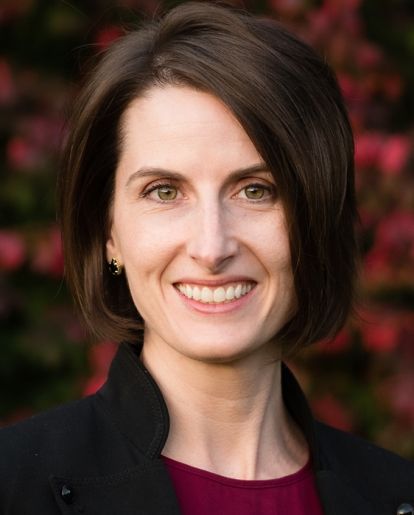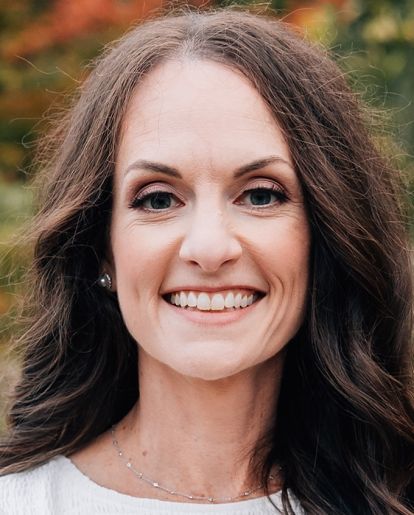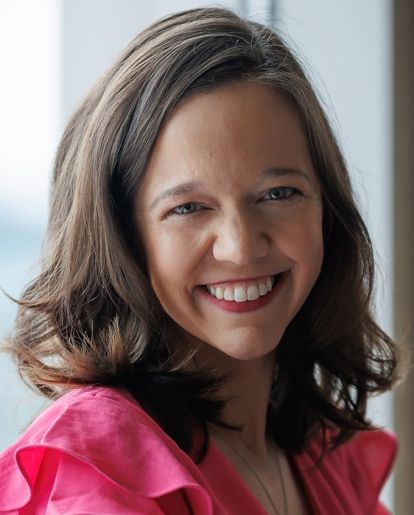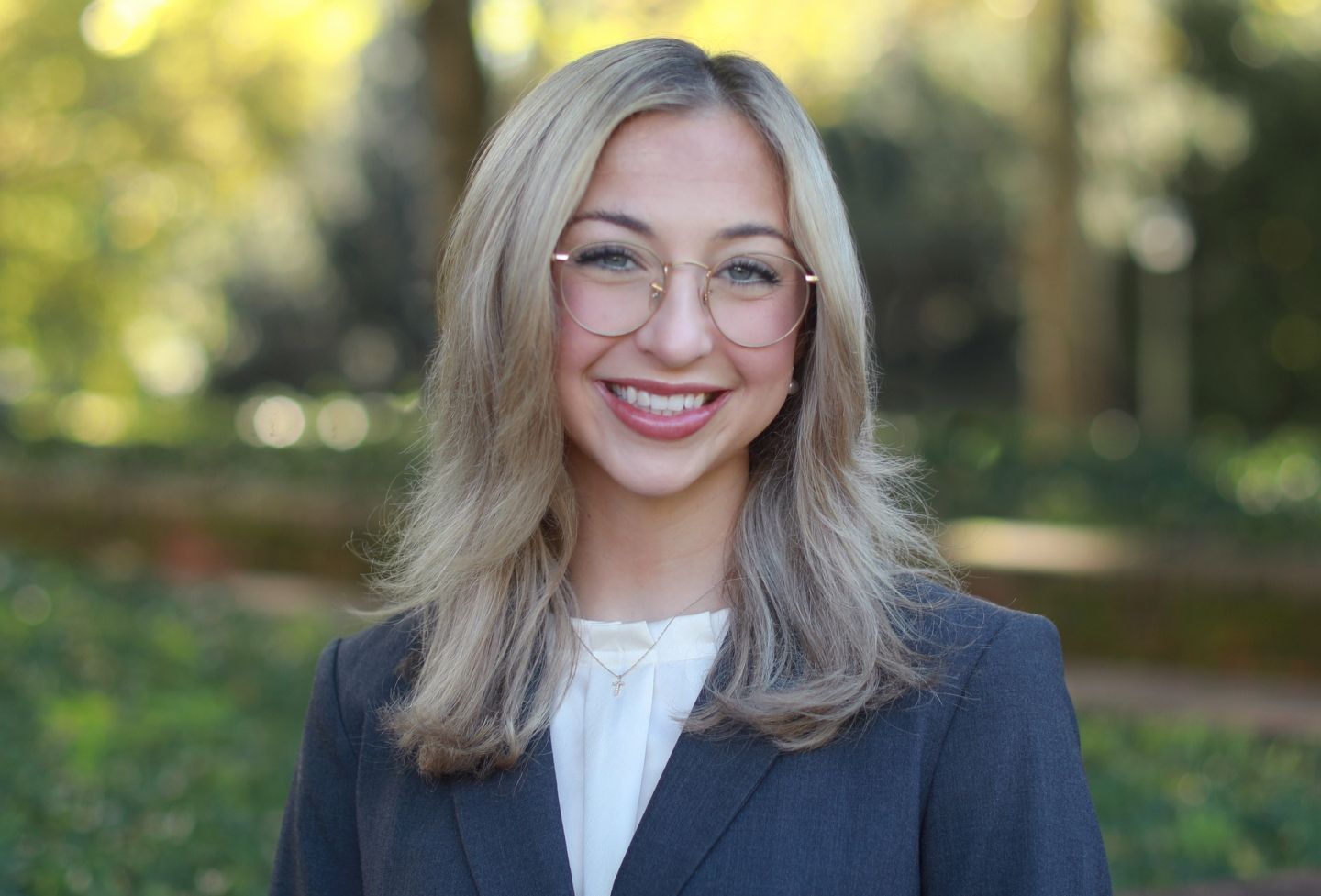Although she had been practicing law for nearly a decade, when Elizabeth Anne Laningham Bellamy ’09 moved from Texas to a city on the border of Virginia and Tennessee, she found herself “qualified but barred” from practice in Tennessee, as one headline put it.
Technically, “not barred” would be a more accurate phrase, as the Tennessee Supreme Court required her to sit for her third bar exam in the 10 years since she had graduated from the University of Virginia School of Law.

Online, Bellamy found that she was one of countless female lawyers in the United States who had bumped up against her state’s reciprocity rules requiring candidates to have been working full-time as a lawyer for several of the immediately preceding years — a requirement that disproportionately affects women who cut back on their hours to take care of children.
Her situation was made worse by the fact that she had just sat for the Virginia bar exam because she didn’t meet that state’s minimum practice requirements either. But Bellamy was frustrated that Tennessee had no previous practice or full-time practice requirement for waiving in brand-new attorneys who had just passed another state’s uniform bar exam. Why would an experienced lawyer be held to a higher standard?
“It’s illogical and I’ve got better uses of my time for myself and my clients than to spend my nights studying for a third bar exam,” Bellamy said. “I don’t have much time at home with my children or my husband as it is.”
Through a series of calls with her UVA Law roommate, Allison Nicholson ’09, Bellamy decided to do something about it. At first, Nicholson advised Bellamy to skip the February bar and seek an exemption from Tennessee. Her application was denied with little sympathy or explanation.

“Elizabeth Anne called me in a panic about this and I said, ‘Listen, you’re going to take this exam; you’re going to pass it because you’re smart and capable; but once you’re done, let’s talk to Karin to make this not as terrible for people going forward,’” Nicholson recalled saying. “Because I’m sure that if it’s affecting you, it’s affecting other people, too, particularly military spouses. So when you’re done, take a breath and then advocate for yourself — and advocate for women like you.”
“Karin” would be Karin Lips ’09 (née Agness), who runs the Network of enlightened Women, a nonprofit she founded during her undergraduate days on Grounds. Lips and NeW — for which Nicholson is an advisory board member — promote the idea of “opportunity feminism,” which she says seeks to maximize freedom for women so they can build the lives they want to live.
“In our economy, it seems like politicians are focused on traditional 9-to-5 jobs, but we know from surveys that’s actually not what a lot of women, especially moms with young kids, have or want,” Lips said. “I would like to see more on-ramping and off-ramping and part-time options in our economy.”

Together, Bellamy and Lips conducted a 50-state survey to identify states with full-time practice requirements for waiving into their bars. They identified four states other than Tennessee — Ohio, Maine, Maryland and Missouri — and immediately set to work petitioning them for change.
In the meantime, Bellamy passed the Tennessee bar exam but still went forward with Lips on petitioning the state Supreme Court to remove the full-time practice requirement for experienced lawyers waiving in, particularly given its inconsistency with the requirements for new lawyers seeking admission without examination.
Last April, Lips submitted a letter to the chief justice of the Ohio Supreme Court, laying out the case against the full-time work requirement. She also solicited comments in support of the change. On April 1, 2024, Ohio will lift its requirement, thanks to three UVA Law women who decided to advocate for other women.
Other petitions are still pending, including the Tennessee petition, which was filed in April 2022 and has received support from all corners, including the Tennessee Board of Law Examiners.
The court still hasn’t ruled, Bellamy said.
“Life’s gone on, but it’s time for them to rule,” Bellamy said. “And I hope they do so soon.”
For Lips, the outcome seems like the perfect illustration of one of the lessons she tries to impart to college women involved with NeW.
“We try to teach young women that they can be leaders in their communities and on their campuses now — they don’t need to wait to work on a national issue,” Lips said. “They can find a local issue, become a leader on it and make change. This is an issue that’s been out there for a long time, but no one took the lead on filing the petition to change it.”
Founded in 1819, the University of Virginia School of Law is the second-oldest continuously operating law school in the nation. Consistently ranked among the top law schools, Virginia is a world-renowned training ground for distinguished lawyers and public servants, instilling in them a commitment to leadership, integrity and community service.


